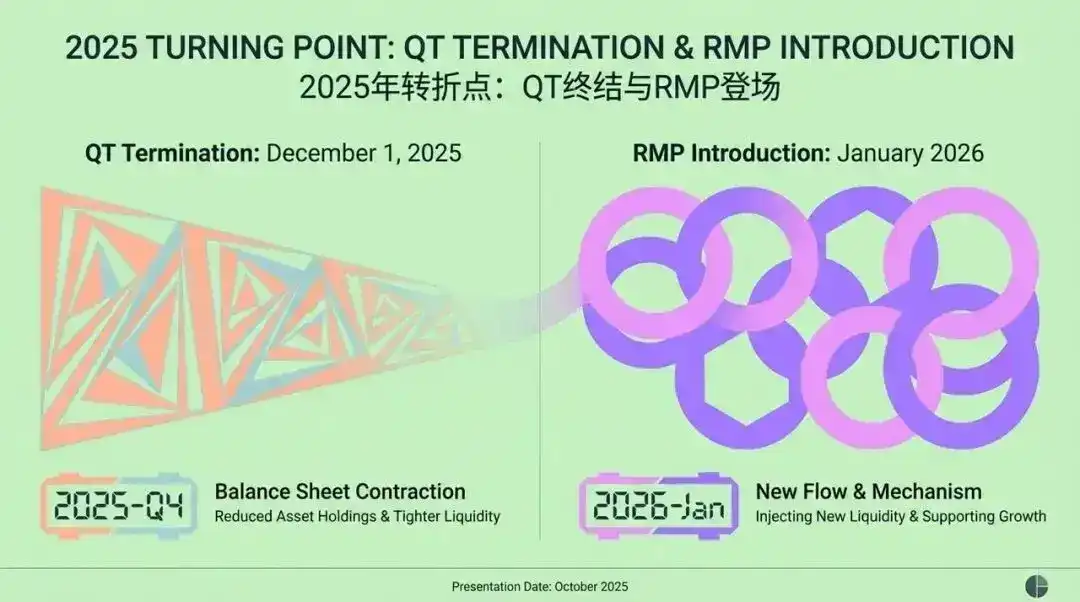Blockchain GDP: The Trump Tech Push That Shook Markets
- U.S. government publishes GDP data on nine blockchains via oracles like Pyth and Chainlink, enhancing transparency and real-time access. - The Trump administration's blockchain initiative aims to modernize economic reporting, aligning with broader crypto-friendly policies. - Market reactions include 70% surge in PYTH and 5% rise in LINK, reflecting investor confidence in decentralized data infrastructure. - The proof-of-concept project will expand to other economic indicators, positioning the U.S. as a b
The U.S. government has launched an initiative to publish official economic data on public blockchains, beginning with the release of gross domestic product (GDP) figures. This effort, spearheaded by the Department of Commerce under Secretary Howard Lutnick, marks the first significant integration of blockchain technology into the U.S. economic reporting framework. The data was disseminated via nine blockchain networks, including Bitcoin , Ethereum , Solana , TRON , Stellar, Avalanche , Arbitrum One, Polygon PoS, and Optimism , along with oracles such as Pyth and Chainlink , which facilitate the transfer of data between traditional financial systems and blockchain applications.
The move is described as a “proof of concept” and is not intended to replace traditional data dissemination methods. Instead, it adds a new, tamper-resistant channel for real-time access to economic statistics. The Commerce Department emphasized that the blockchain initiative aims to enhance the transparency and accessibility of critical economic data, ensuring its integrity through cryptographic verification. The initiative aligns with the Trump administration’s broader support for cryptocurrency and blockchain technology, a shift that contrasts sharply with the more cautious regulatory approach under the previous administration.
Pyth Network and Chainlink, key participants in the initiative, will serve as oracles to verify and distribute the GDP data onchain. The data includes absolute GDP values and annualized percentage changes, and will be updated monthly or quarterly, in line with the traditional release schedules. This collaboration enables the development of new applications in decentralized finance (DeFi), such as automated trading strategies, tokenized securities, and real-time economic prediction markets.
The initiative has already driven significant market reactions. The tokens of both Pyth and Chainlink saw sharp price surges following the announcement. The native token of the Pyth Network, PYTH, rose more than 70% in a single day, while Chainlink’s LINK token increased by over 5%. This reflects growing investor confidence in blockchain infrastructure and the potential for decentralized systems to support government data transparency.
Commerce Secretary Lutnick emphasized the initiative’s potential to modernize how economic data is shared across federal agencies. He highlighted that the program would be expanded to include other key economic indicators after the initial implementation is finalized. The move is part of a broader strategy to establish the U.S. as a global leader in blockchain technology and digital finance. The initiative also reflects growing interest in blockchain adoption among governments globally, with several countries already utilizing the technology for secure data storage, digital identity, and cross-border transactions.
Despite the administration’s enthusiasm for blockchain, it is important to distinguish between the secure recording of data and the accuracy of the data itself. While the blockchain ensures that data remains unaltered and verifiable, the actual economic figures are still subject to the same data collection and estimation processes as before. The initiative, however, opens new possibilities for developers and market participants to interact with economic data in innovative ways, such as integrating it into smart contracts and DeFi applications. This could lead to more efficient and transparent financial systems, where data-driven decisions are made in real time.
Source:

Disclaimer: The content of this article solely reflects the author's opinion and does not represent the platform in any capacity. This article is not intended to serve as a reference for making investment decisions.
You may also like
Five charts to help you understand: Where does the market go after each policy storm?
After this regulatory crackdown, is it a harbinger of an impending downturn, or the beginning of a new cycle where all negative news has been fully priced in? Let’s examine the trajectory after the storm through five key policy milestones.

Mars Morning News | The crypto market rebounds across the board, Bitcoin rises above $94,500; The "CLARITY Act" draft is expected to be released this week
The crypto market has fully rebounded, with bitcoin surpassing $94,500 and US crypto-related stocks rising across the board. The US Congress is advancing the CLARITY Act to regulate cryptocurrencies. The SEC chairman stated that many ICOs are not securities transactions. Whales are holding a large number of profitable ETH long positions. Summary generated by Mars AI. The accuracy and completeness of the content generated by the Mars AI model is still being iteratively updated.

Federal Reserve’s Major Shift: From QT to RMP, How Will the Market Transform by 2026?
The article discusses the background, mechanism, and impact on financial markets of the Federal Reserve's introduction of the Reserve Management Purchases (RMP) strategy after ending Quantitative Tightening (QT) in 2025. RMP is regarded as a technical operation aimed at maintaining liquidity in the financial system, but the market interprets it as a covert easing policy. The article analyzes RMP's potential effects on risk assets, the regulatory framework, and fiscal policy, and provides strategic recommendations for institutional investors. Summary generated by Mars AI This summary was generated by the Mars AI model, and the accuracy and completeness of its content are still in the process of iterative improvement.

Rate Hike in Japan: Will Bitcoin Resist Better Than Expected?
